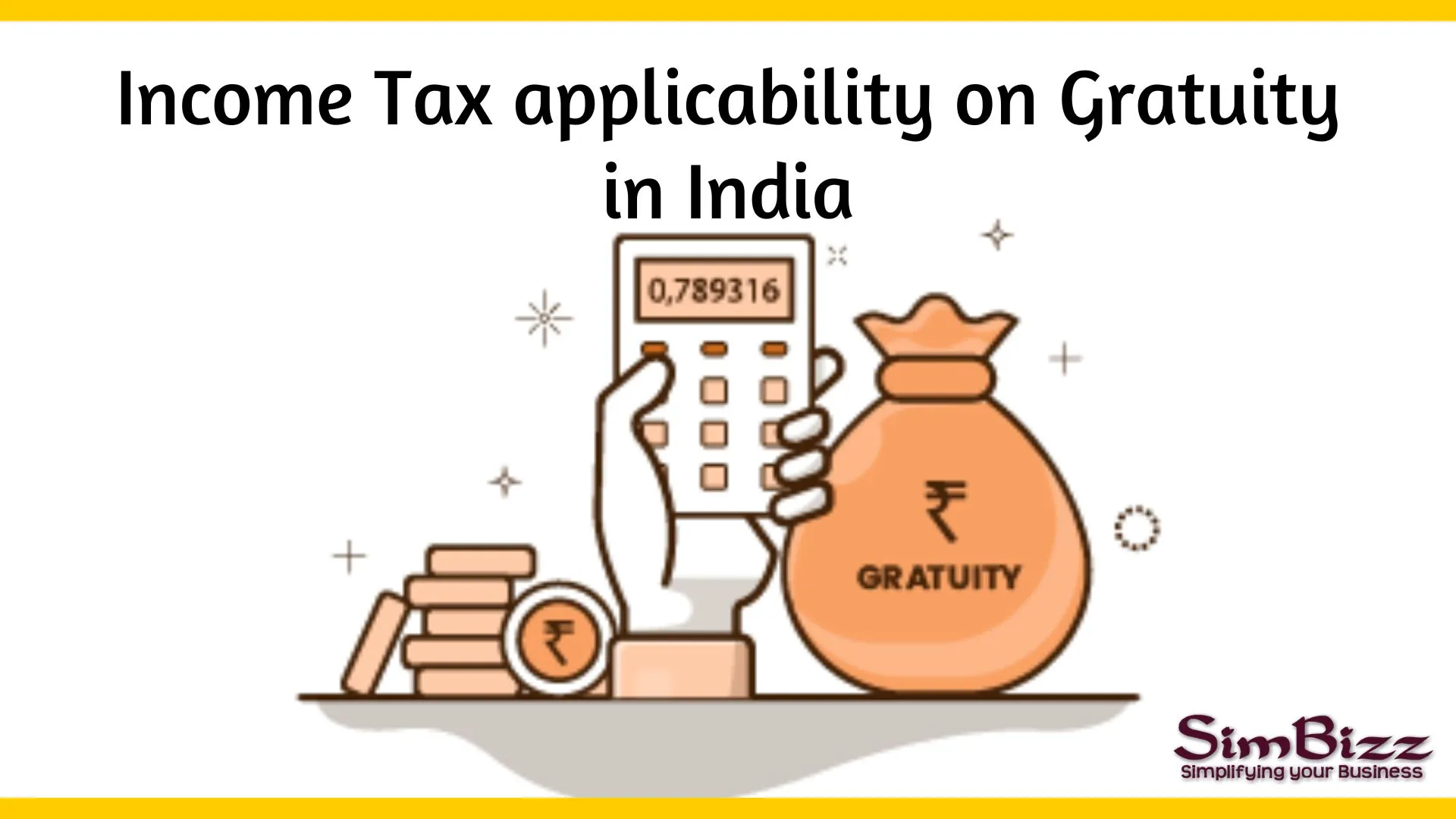Gratuity is a payment received by an individual for their past services rendered to an organization, typically before or upon their retirement. In the Income Tax Act of 1961, there are provisions that determine the taxability of gratuity amounts. These provisions differentiate between government employees and non-government employees, as well as the timing of gratuity receipt.
1. Government vs. Non-Government Employees: The tax treatment of gratuity depends on whether the individual is a government or non-government employee.
2. Two Situations for Gratuity Receipt: Gratuity can be received either on retirement or before retirement.
For Employees Not Covered Under the Payments of Gratuity Act, 1972:
1. Amount Received Before Retirement: Gratuity received before retirement is fully taxable, irrespective of whether the employee works for the government or in the private sector.
2. Amount Received on or After Retirement:
- Government employees (including Central Government, State Government, and Local Authority employees) are fully exempt from tax under Section 10(10).
- For non-government employees, the least of the following amounts is exempt:
a) Actual gratuity received
b) The maximum statutory limit of Rs. 20,00,000
c) 15/30 * 1 month’s average salary based on the last 10 months of salary preceding retirement * The number of completed years of service (Any fraction of more than 6 months is counted as a full year).
Note: Salary includes Basic Pay, Dearness Allowance (if it forms part of retirement benefits), and any commission based on turnover.
For Employees Covered Under the Payments of Gratuity Act, 1972:
1. Amount Received Before Retirement:
- Gratuity received before retirement is fully taxable, whether the employee works for the government or in the private sector.
2. Amount Received on or After Retirement:
- Government employees (including Central Government, State Government, and Local Authority employees) are fully exempt under Section 10(10).
- For non-government employees, the least of the following amounts is exempt: a) Actual gratuity received b) The maximum statutory limit of Rs. 20,00,000 c) 15/26 * Last drawn salary * The number of completed years of service (Any fraction of more than 6 months is counted as a full year).
Note: Salary includes Basic Pay and Dearness Allowance only.
Understanding these provisions is crucial for employees, ensuring that they navigate the tax implications of gratuity accurately. Clarity on tax liabilities can contribute to better financial planning during and after one’s career.


